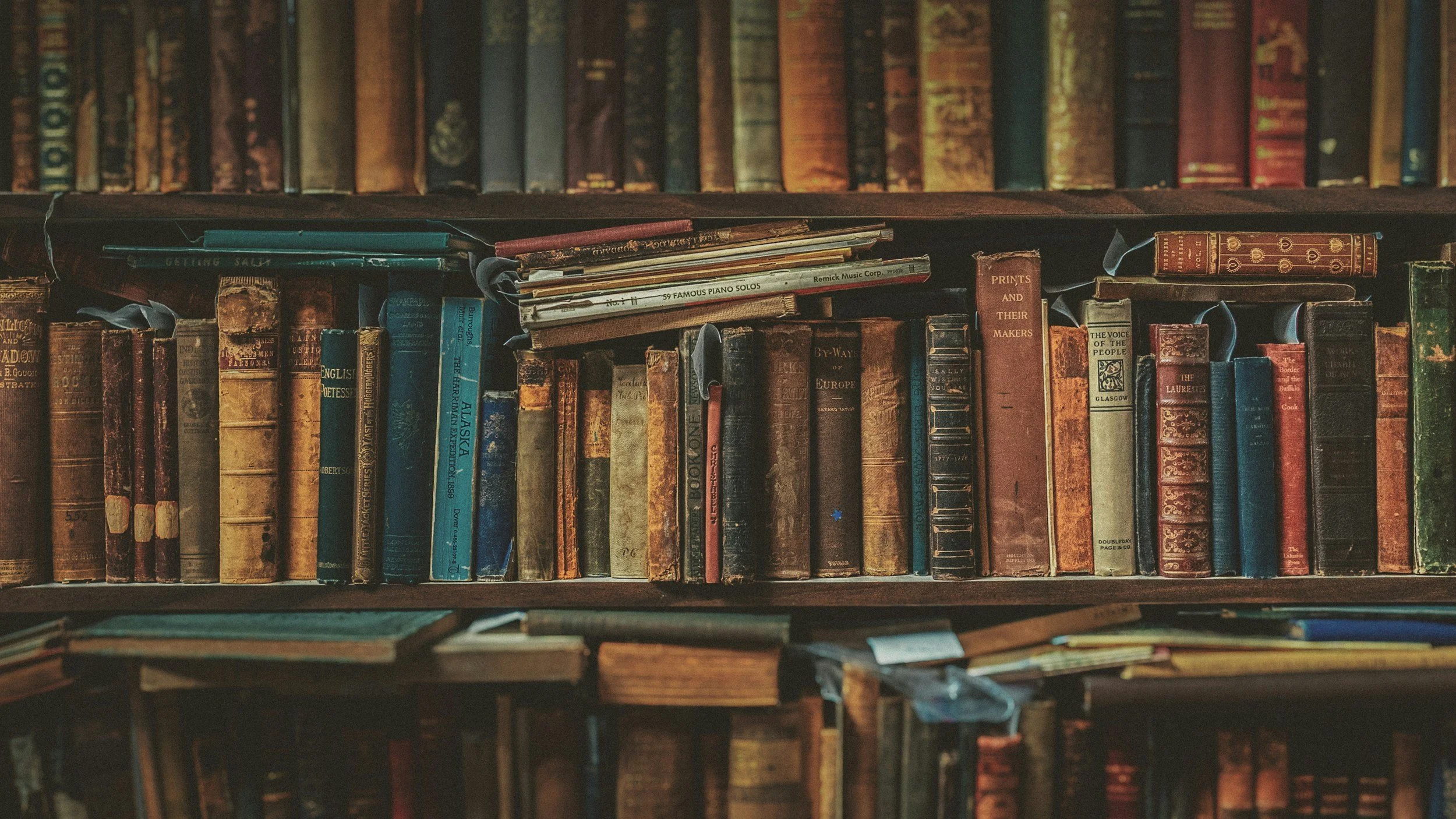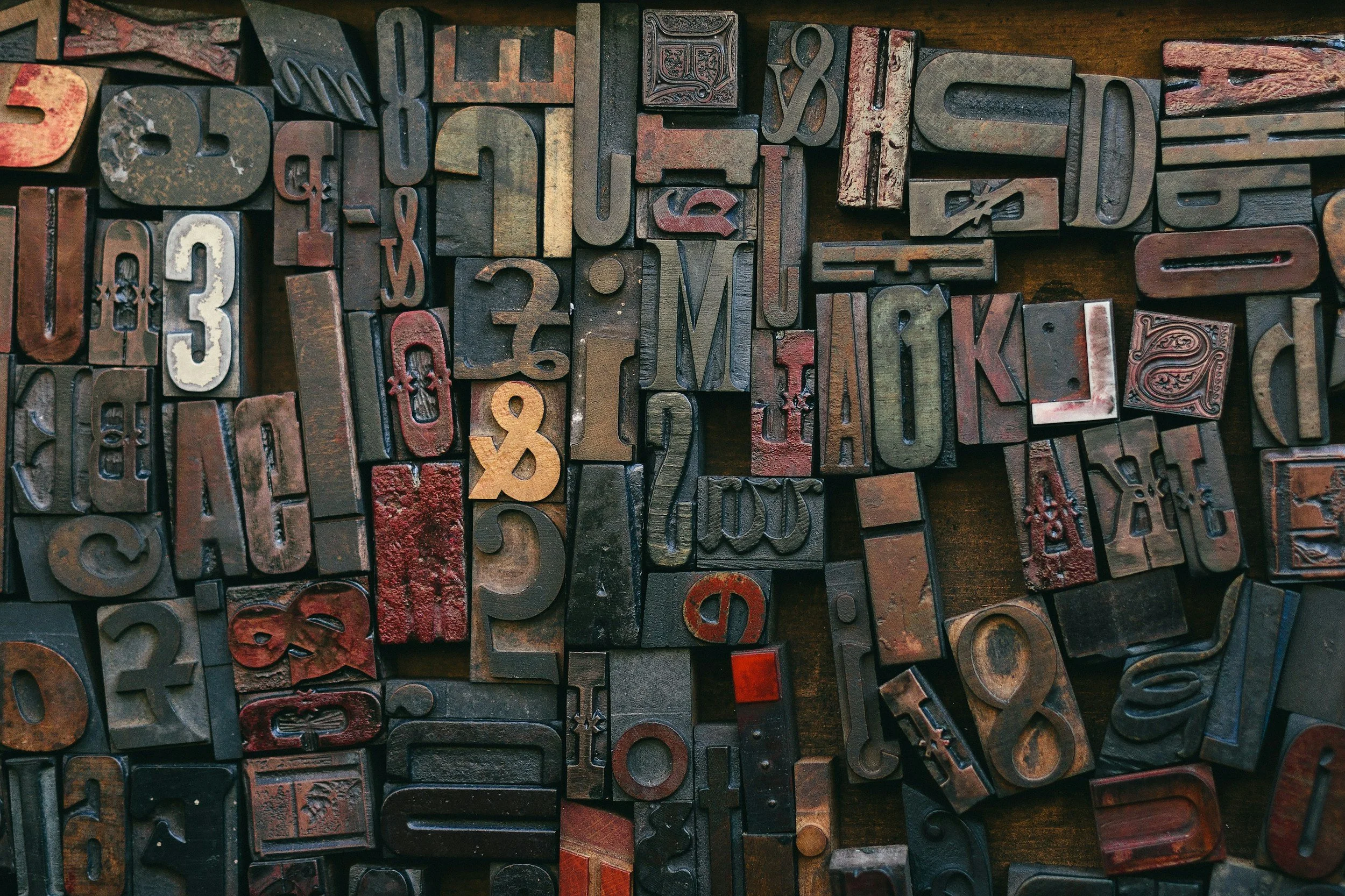
World Builders
Build Knowledge. Shape Worlds.
-
In this opening unit, we’ll study how early humans stopped wandering and began settling in places with natural advantages, like rivers and fertile soil. You’ll learn how these environments helped civilizations grow and how features like writing systems, belief structures, and organized governments allowed people to cooperate, solve problems, and build powerful societies.
We’ll see the progression of peoples and their achievements as they rise and fall allowing Classical Civilizations to take their place. The landscape and how humans make use of it determines the success, and failure for many.
-
As the classical era came to a close, the world began to change in powerful new ways. Civilizations grew more complex, and their interactions across regions increased. In this unit, we’ll explore how different parts of the world became more connected through trade, war, religion, migration, and innovation.
We’ll also investigate how science, art, architecture, and government evolved. We’ll also make note of what remained the same across centuries of global contact.
This unit will help you see how the world became more connected long before modern technology, and how those early connections shaped the societies we live in today.
-
In this unit that examines the Atlantic World and the Age of Exploration, we explore a time of bold ideas, powerful empires, and global transformation. From the invention of the printing press to the rise of the Industrial Revolution, the world became more connected than ever before. We’ll explore how European exploration reshaped the globe: creating new routes, new economies, and new struggles for power.
We begin with the question: Why did Europeans cross the seas? You’ll investigate how the closing of the Silk Road, new technologies, and the search for wealth and dominance led to the creation of the Atlantic World - and a new system linking Europe, Africa, and the Americas.
-
In this unit, we’ll explore how new technologies, political ideas, and global exchanges sparked a wave of transformation across continents.
You’ll begin by examining how Enlightenment thinkers inspired major political revolutions in America, France, Haiti, and Latin America. These revolutions demanded freedom, equality, and individual rights, changing how people saw government and society.
Next, we’ll explore the rise of the Industrial Revolution, a major turning point that changed how people lived, worked, and traveled.
We’ll also study the expansion of imperialism, as European powers colonized parts of Africa and Asia. You’ll investigate how colonialism affected people locally and globally, and how it created new tensions between nations and cultures.
Finally, you’ll explore how the idea of nationalism, the belief in loyalty to one’s nation, grew stronger and reshaped political boundaries and identities around the world.
-
Since 1920, the world has become more connected than ever before. Advances in technology, from the radio to the internet, have allowed people, ideas, and cultures to spread quickly across the globe. At the same time, nations have faced both opportunities and challenges as they navigate this growing global interdependence. This unit will explore how movements for human rights have changed societies, from women gaining the right to vote to the fight against apartheid in South Africa.
Students will investigate major turning points such as the Great Depression and the Cold War, which reshaped economies and gave rise to new global organizations. We will also study how the push for sustainability; protecting cultural, economic, and environmental resources, has grown more important in today’s interconnected world.
By the end of this unit, students will understand how the past century has created the modern world we live in today: one in which cooperation, conflict, innovation, and struggle for equality are all connected across borders.
-
Build the World. One Badge at a Time.
Welcome to “The Builder’s Vault” where knowledge is stored and greatness is displayed. Only the most dedicated historians unlock its treasures. This showcase displays how history comes alive through challenge, curiosity, and achievement.
As you master each lesson in World History, you’ll unlock digital badges that mark your progress, celebrate your discoveries, and showcase your growing expertise. From decoding ancient civilizations to navigating global revolutions, every badge is a piece of a larger puzzle and every step takes you closer to becoming a true architect of understanding.
Navigation





